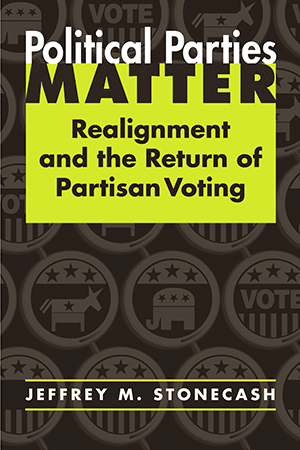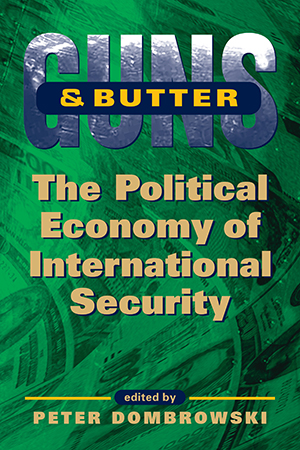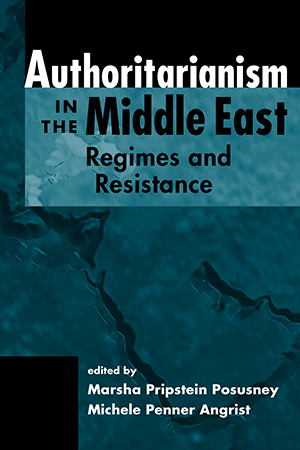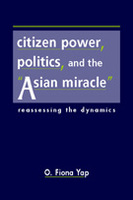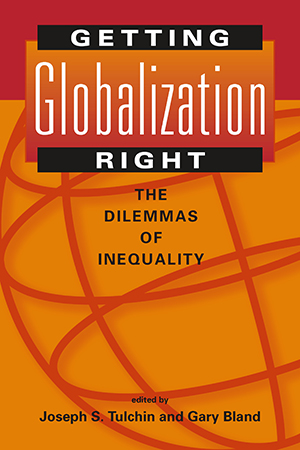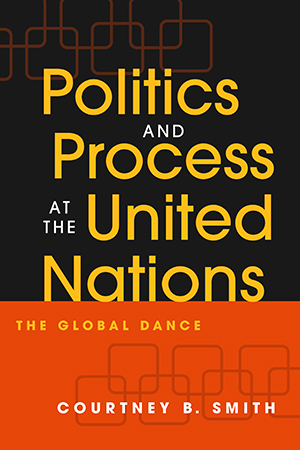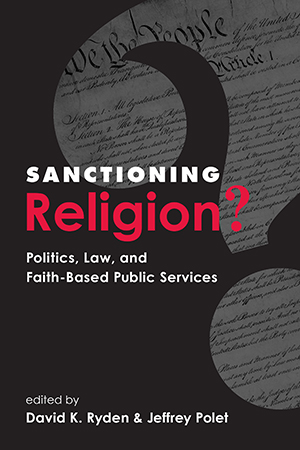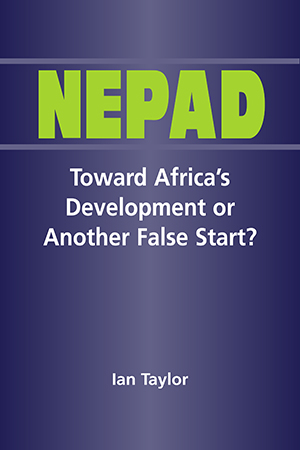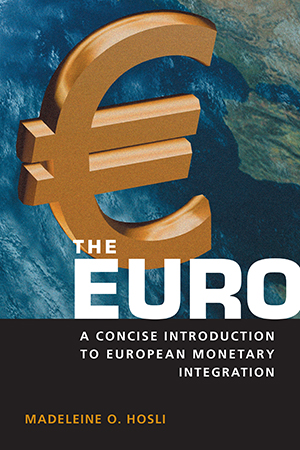BOOKS
Choice Outstanding Academic Book! After years of decline, why has party attachment become a strong force once again in US politics? Jeffrey Stonecash argues that the recent resurgence of More >
With intellectual property widely acknowledged today as a key component of economic development, those accused of stealing knowledge and information are also charged with undermining More >
Reflecting the growing interest among scholars and practitioners in the relationship between security affairs and economics, this new volume explores the nature of that relationship in the More >
Why do authoritarian regimes prevail in the Middle East, while successful democratic transitions are occurring elsewhere in the developing world? Authoritarianism in the Middle East More >
Departing from characterizations of Asian governments as benevolent overlords and Asian citizens as politically naive and/or docile, Fiona Yap explores the dynamic interactions between state More >
Getting Globalization Right explores political and economic changes in seven new democracies that have in common both a movement toward greater integration with the world economy and the More >
How does the United Nations actually work? How does it reconcile the diverse interests of 191 sovereign member states—plus those of the multinational corporations that lobby it, the More >
Does federal funding of a church's welfare-to-work program constitute government endorsement of a particular religion? Do religious organizations that accept public funds lose the legal More >
Enthusiastically embraced by African presidents, G-7 leaders, and the UN General Assembly alike, the New Partnership for Africa's Development has been advanced as the vehicle that will More >
Tackling the alphabet soup of European Union treaties, structures, and policies, this straightforward introduction demystifies the European Economic and Monetary Union (EMU). Hosli first More >



